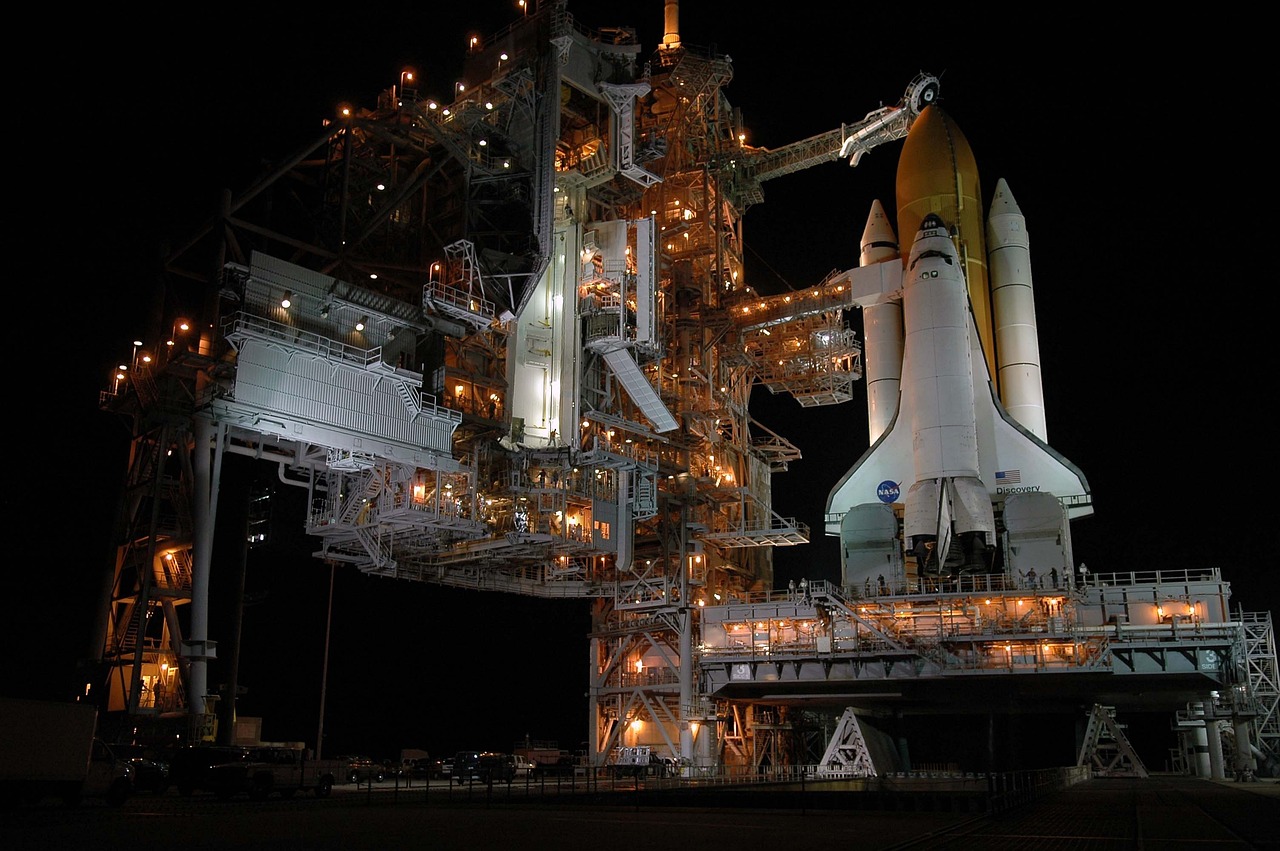As the countdown reaches zero, the ground shakes and the spacecraft ascends into the sky. Bright flames erupt from the rocket’s base, illuminating the Gobi Desert while a thunderous roar fills the air. The BBC has gained exclusive access to the Jiuquan Satellite Launch Center in Gansu, positioned just over a kilometer from where the action unfolds.
On board the Shenzhou 19 spacecraft are three taikonauts, China’s term for astronauts. They are part of a mission to China’s indigenous space station, Tiangong, or “Heavenly Palace,” where they will spend six months conducting experiments and performing spacewalks. This endeavor is part of China’s broader goal to prepare for a crewed lunar landing by 2030.
President Xi Jinping emphasized two years ago that exploring outer space and advancing China’s space industry is an enduring aspiration for the nation. However, some U.S. officials perceive China’s ambitions as a significant threat. NASA Administrator Bill Nelson recently indicated that China and the U.S. are competing to return to the Moon, expressing concerns over potential territorial claims by Beijing.
In Dongfeng Space City, which supports the launch facility, there is widespread celebration of China’s space program. Streets are decorated with national flags, and parks feature astronaut sculptures and plastic rockets. A massive poster welcoming visitors depicts Xi Jinping alongside images of the Shenzhou spacecraft.
As midnight approaches, crowds gather to cheer as the taikonauts prepare for their launch. Children wave flags while a brass band plays patriotic songs, creating an atmosphere of national pride. The mission’s pilot, Cai Xuzhe, who has experience in space travel, is joined by younger taikonauts like Wang Haoze, China’s first female space engineer.
All three express their commitment to their mission and national pride during media interactions. Their youthful spirit represents a new era in China’s space exploration efforts. China has already begun training its next group of astronauts for future lunar missions and ongoing operations on its space station.
China’s recent achievements in space have garnered global attention; earlier this year, it successfully retrieved samples from the Moon’s far side and landed a rover on Mars in 2021. Furthermore, it plans to deploy thousands of satellites to provide global internet coverage.
Despite these advancements, concerns linger in the U.S., particularly regarding potential military applications of China’s growing technological capabilities. General Stephen Whiting highlighted that China is rapidly expanding its surveillance satellite network.
Chinese officials maintain that their space exploration efforts are aimed at benefiting all humanity rather than engaging in competition with other nations. They advocate for international collaboration in space technology development.
While there are immense challenges ahead—such as landing on the Moon—China remains focused on fulfilling its ambitious goals amid increasing global competition for lunar resources like rare minerals and helium. As preparations continue at launch sites, officials express determination to make significant strides in their space program regardless of geopolitical tensions.


